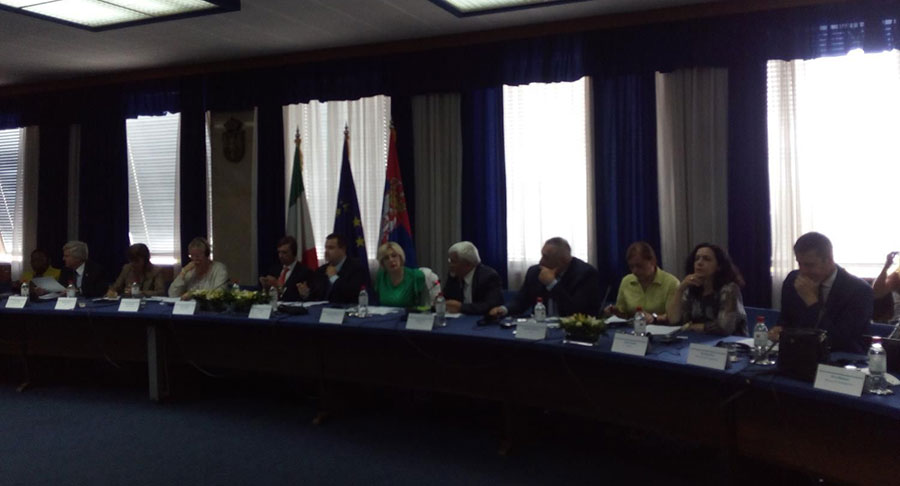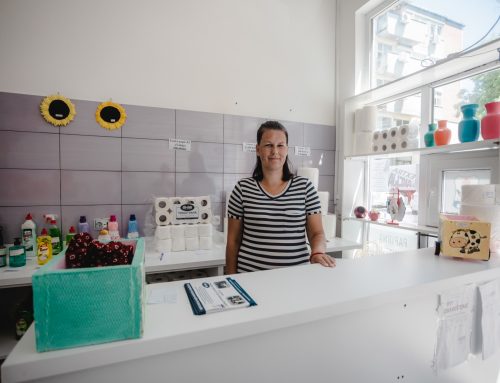This year, the European Union will allocate EUR45 million to help find housing solutions for refugees from the former Yugoslavia within the Regional Housing Programme, said Acting Head of the EU Delegation to Serbia Oskar Benedikt.
Following a meeting between the donors and the First Deputy Prime Minister of Serbia Ivica Dacic and the Minister Jadranka Joksimovic, Benedikt said that the EU had thus far allocated EUR234 million to the Programme as a contribution to finding housing solutions for refugees from the territory of the former Yugoslavia.
The Regional Housing Programme is being implemented in four countries in the region with a view to finding housing solutions for refugee families.
Today, Serbia was approved the eight subproject worth EUR19.9 million aimed at funding 938 housing solutions, including apartments, prefabricated houses and construction material packages.
Benedikt said that the Programme contributed to reconciliation in the region and healing of war wounds.
US Ambassador Kyle Scott pointed out that the USA was happy with the results yielded so far by the Regional Housing Programme.
He noted that the US was the second biggest donor to the Programme and praised EU’s engagement.
According to Scott, the Regional Housing Programme is designed to help the most vulnerable refugee families.
German Ambassador Axel Dittmann also attended the meeting as a representative of the country which supports the Programme individually and as a member of the EU.
Dittmann said that this year, 2,000 refugees in Serbia would be given roof over their heads within the Programme.
Dacic thanked the donors and said that the goal of the Programme was to improve the status of refugees and help them find new homes.
Joksimovic said that the Ministry of European integration coordinated the IPA funding.
Andrea Orizio, Head of the OSCE Mission to Serbia, one of the implementing partners in the Programme, also attended the meeting with Government officials.
Orizio said that the OSCE was proud to take part in the Programme aimed at helping refugees from the former Yugoslavia.
For more information:




